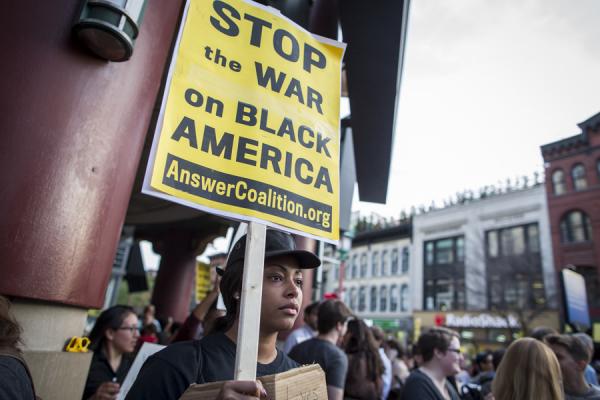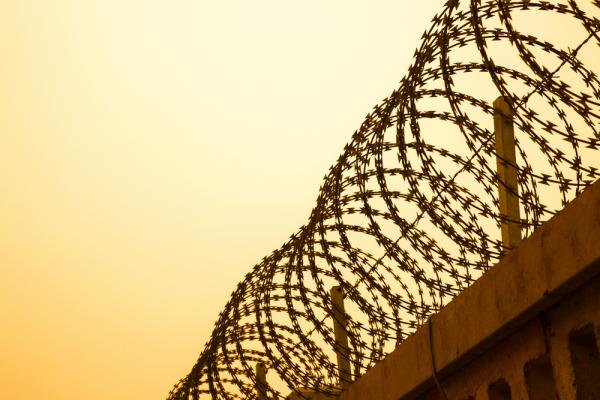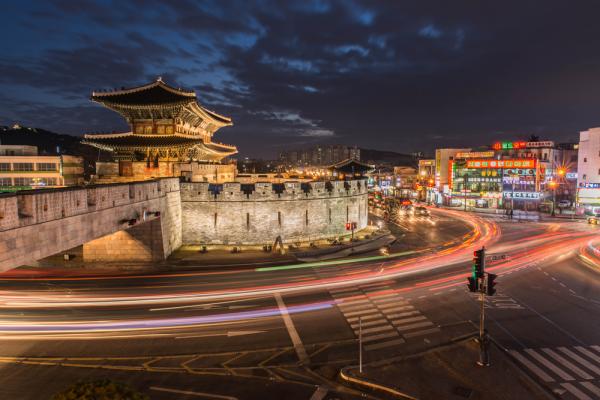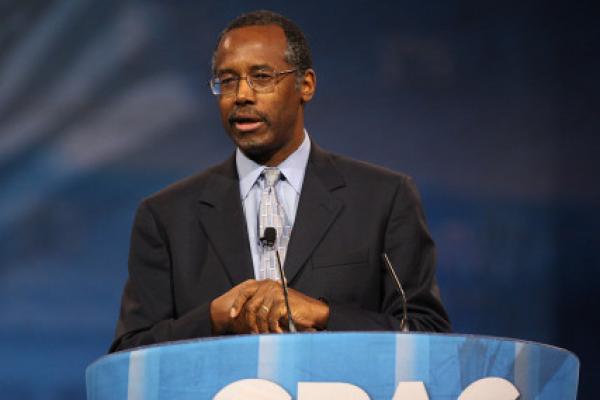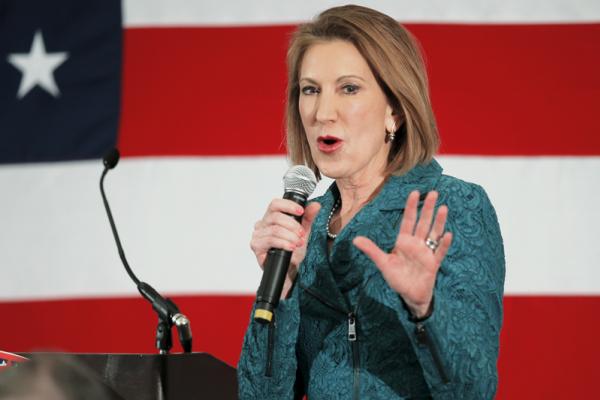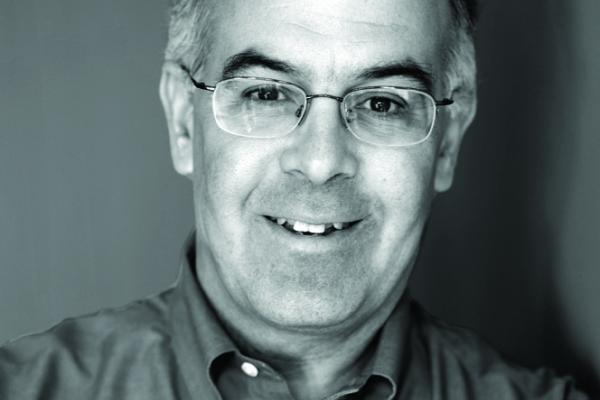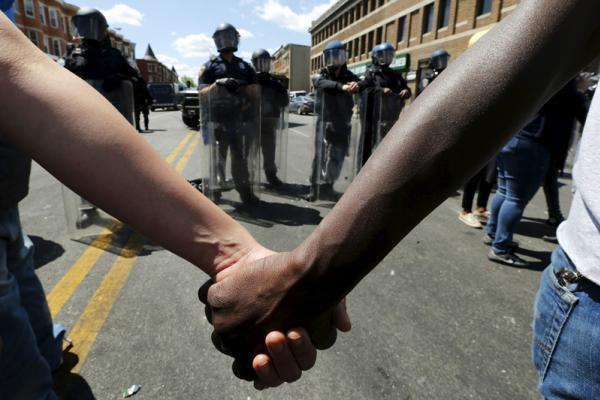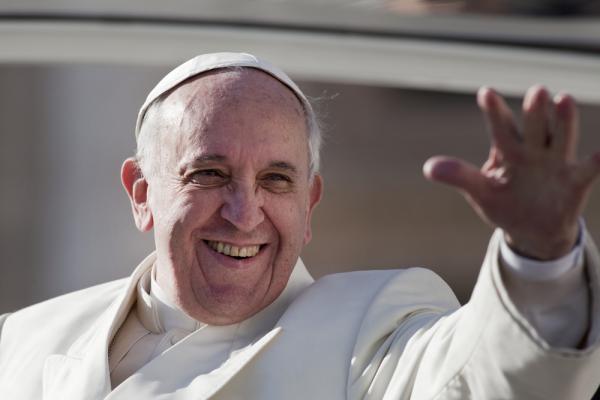Everything must change.
Injustices around the world and here at home are coming to light despite a long, willful blindness. Half a world away, the long-muted voices of the victims of American military policy were allowed to break through the wall of propaganda and infotainment used to keep them hushed. A recent New York Times report reveals one of the worst-kept (actually un-kept, but vastly underreported) secrets of our government: that we often do not know who we are killing with drones.
And at home, in Baltimore, the death of Freddie Gray in police custody has caused long-simmering tensions – born of institutionalized segregation, nearly inescapable poverty, and a scourge of police brutality – to erupt in an uprising of passionate resistance, with destruction punctuating otherwise peaceful marches. Media coverage has given far more attention to the “riots” than to the systemic violence that has kept so many African Americans, not only in Baltimore but throughout the country, living in poverty and insecurity.
Baltimore, like Ferguson, is a parable — a story that can teach us important lessons. It's one in which we should see that we are, for the most part, still missing the most important lessons.
Decades of bad behavior on the part of Baltimore's police force in relation to the black community were brought to light, as in other circumstances of young black men dying at the hands of police. But the parable of Baltimore needs to go deeper.
Borders have been crossed, eyes have been opened, and deeper relationships have been formed. All has been made possible — in the most surprising ways — by the active presence of the Spirit. The crossing of relational borders and the forging of new relationships continues to be enabled by the movement of the Spirit.
The only task of the people is to be open enough to perceive and respond to its prompting.
Like most Asian nations, Korea experienced the influx of Western missionaries in the late 19th and 20th centuries. In Korea they are revered today by Christians. But in asking why the church grew here in ways unique on the Asia continent, it’s fair to say that the witness of faith which stood against oppression, and in solidarity with the poor and marginalized, accounted at least in part for this difference.
Today, however, the churches in Korea face the difficulties of being part of the society’s economic prosperity and success. The stories of congregations like Myungsong and Yoido are utterly remarkable and inspiring. Yet as a whole, Christianity in this society is no longer growing as before. Korean Christian friends tell me that it has “plateaued.” And a major worry, echoing that of the church in the U.S., is the growing disaffiliation of young people.
Ben Carson, the retired neurosurgeon once best known for separating conjoined baby twins, is expected to announce May 4 that he will pursue a GOP candidacy for U.S. president. Carson is now known as a culture warrior whose criticisms of President Obama have made him a favorite of conservatives.
Here are five faith facts about him.
Carly Fiorina formally launched her 2016 presidential run on May 4. But she’s long been working the Christian talk and radio circuit appealing to a traditional Christian voter base.
Here are five faith facts about the former Hewlett-Packard CEO turned business consultant.
Lokesh Todi, born and raised in Kathmandu, moved home to Nepal nine months ago to be an entrepreneur. When the 7.8-magnitude earthquake hit last Saturday, he and a cousin started a crowdfunding campaign on Indiegogo to help connect concerned givers with local NGOs.
“We thought we could get some supplies to local groups. Our goal was to get $20,000 — that’s a lot of money in Nepal," said Todi, a recent graduate of Yale University's M.B.A program.
Thanks to their concerned networks, including thousands of shares from Todi’s Facebook page, the campaign has now raised $120,150 — more than six times the amount they expected.
“I’m really hoping to make sure that all this money goes to right channels, and make sure that every dollar is spent properly and wisely. My goal is to help the community build back stronger and a little bit more prepared,” said Todi.
Brooks’ new book, The Road to Character, traces human virtue throughout the centuries, and then profiles a handful of “heroes of renunciation” who he believes serve as models of character. The book has sparked conversation about Brooks’ views on morality, theology, and even his own Jewish faith.
Brooks talked about society’s obsession with selfies, whether we’re too self-absorbed, and rumors about his own religious journey. Some answers have been edited for length and clarity.
Douglas, author of the new book Stand Your Ground: Black Bodies and the Justice of God, writes about the death of Florida teen Trayvon Martin, the acquittal of George Zimmerman in his killing, and the deaths of other unarmed black people that followed.
Douglas talked about violence faced by African-Americans and the black church’s response. The interview was edited for length and clarity.
The papal address to the Republican-controlled Congress is likely to be one of the most closely watched talks during the pope’s weeklong visit to Washington, New York, and Philadelphia this fall, especially since the presidential campaign season will be growing more intense.
Francis isn’t shy about tackling controversial topics or upending conventional orthodoxies about Catholics and politics — a prospect that makes U.S. conservatives especially nervous, given Francis’ insistence on raising concerns about issues such as economic justice, climate change, and immigration.

